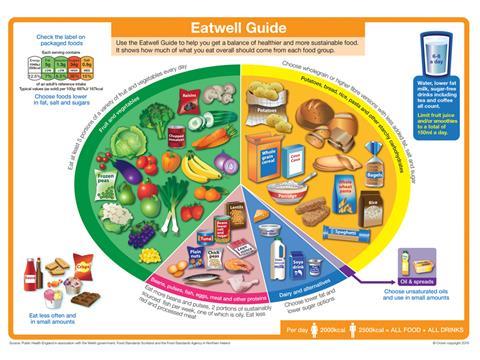
The UK’s poorest households would have to spend half of their disposable income on food to meet the cost of the government’s recommended healthy diet, according to new data released today by the Food Foundation.
Its Broken Plate report found the impact of the cost of living crisis on the most deprived fifth of the population was far more extreme than on the highest earners, with the top 20% only having to spend 11% of their income on food to meet the Eatwell Plate guidelines.
The Food Foundation said the situation had deteriorated from the previous year, when the poorest fifth would have needed to spend 43% of their disposable income.
The report comes a week after prime minister Rishi Sunak shelved plans for a government ban on HFSS multibuy promotions, along with the delays to its proposed junk food ad ban. It claims a third of food and soft drink advertising spend goes towards confectionery, snacks, desserts and soft drinks, compared with just 1% for fruit & vegetables.
It found more healthy foods were over twice as expensive per calorie as less healthy foods, with more healthy foods increasing in price over the past two years by £1.76 per 1,000kcal compared with 76p for less healthy foods.
When broken down by Eatwell Guide category, fruit & vegetables remain the most expensive category by a significant margin, costing on average £11.79 per 1,000kcal compared with food and drink high in fat and/or sugar costing just £5.82 per 1,000kcal.
The report also found that 56% of calories consumed by older children and adults were coming from “ultra-processed” foods.
“It is perfectly possible for us to increase the flow of affordable, nutritious food through our food system and into our shops and takeaways, we just need to get the incentives right within the system,” said Food Foundation executive director Anna Taylor.
“The figures in this report tell us just how badly this action is needed. Too many of us know family and friends that are struggling with health problems resulting from a system that directs us to foods that damage our wellbeing. Politicians need to look carefully at what the data is telling us about the state of Britain. Serious leadership in tackling this is long overdue.”



















No comments yet